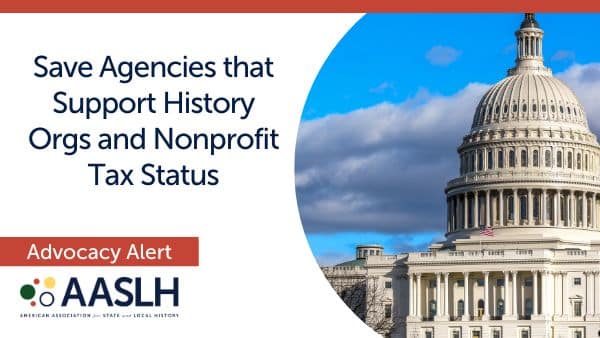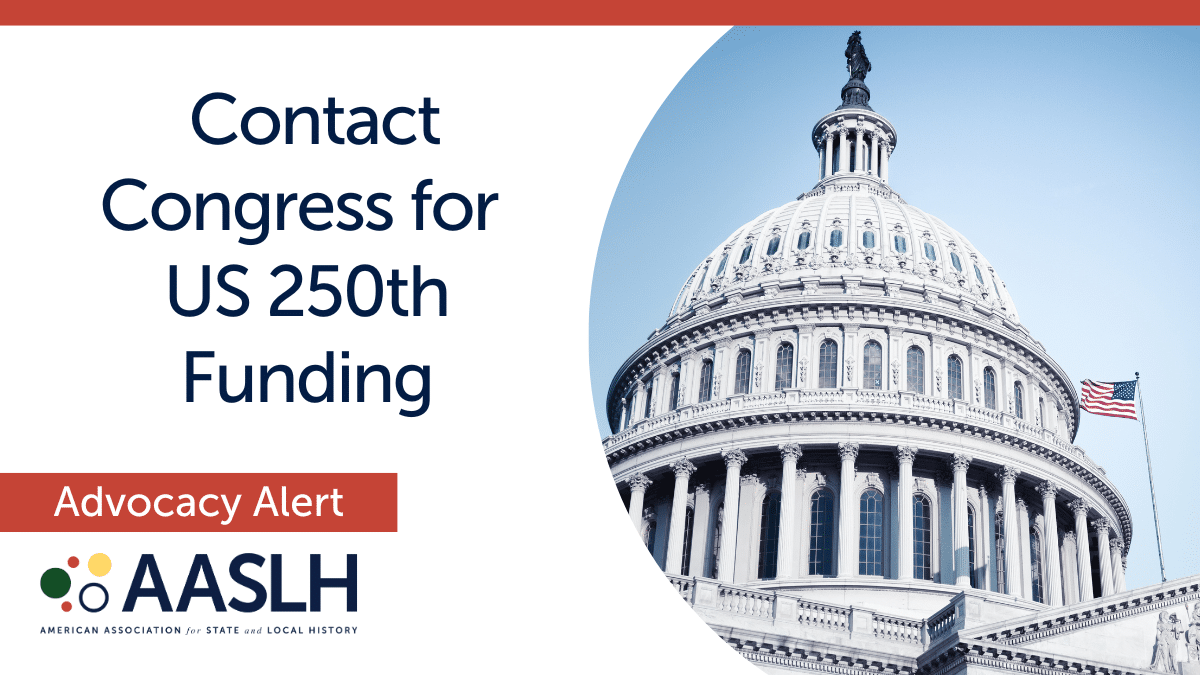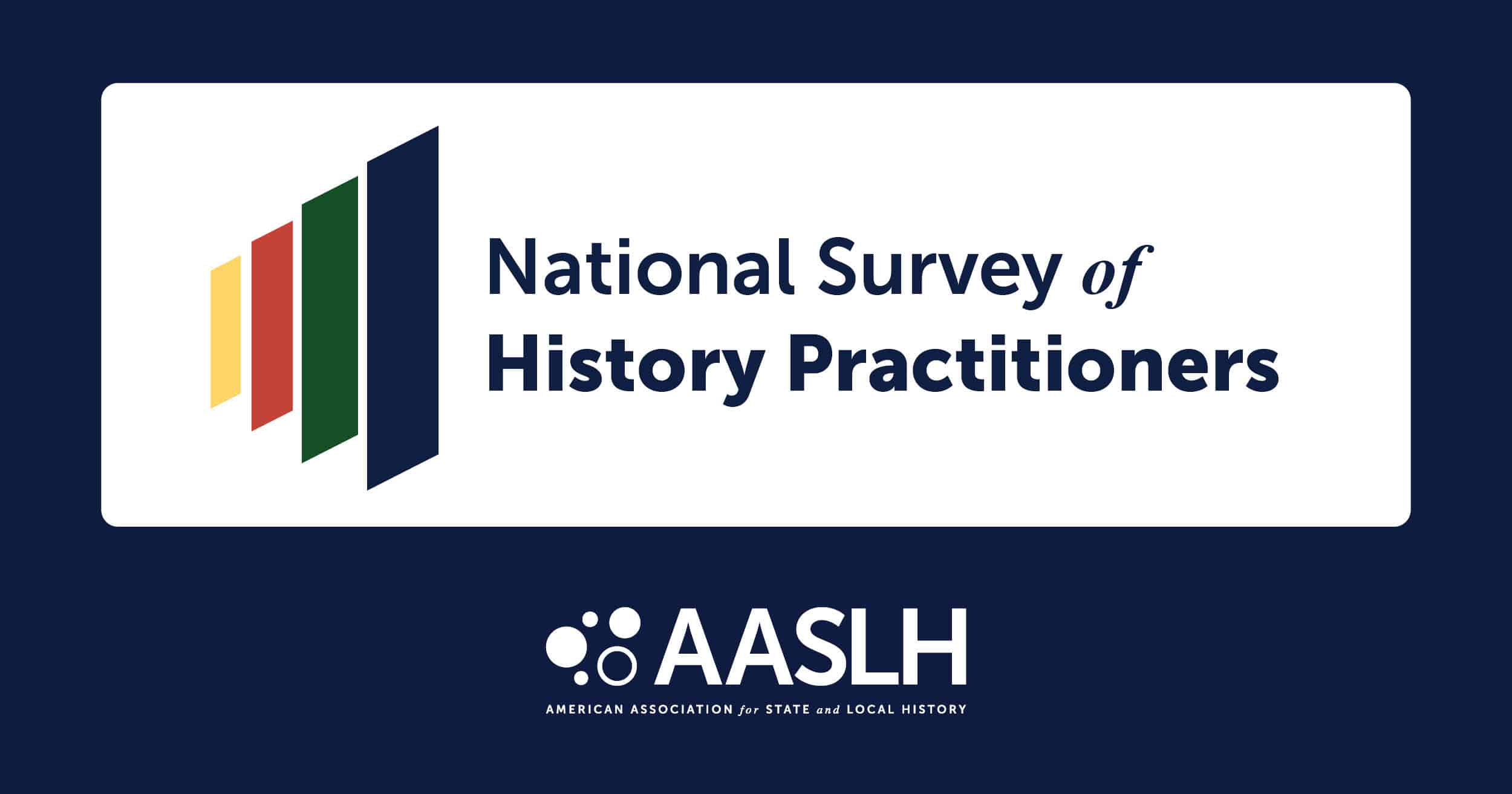July 18, 2016
Greetings,
History matters and needs to be in our conscious present. The tone for summer 2016 across our nation is somber, especially as I write you the morning after the deadly shootings of police officers in Baton Rouge, Louisiana. My first task on this particular day was to lower our American flag at the front entrance of the West Baton Rouge Museum to half-mast. Even before the attack on Airline Highway in suburban Baton Rouge yesterday, I had started to write you about the violent deaths and events piercing our towns and cities.
I am moved to write my last letter as AASLH Council Chairman about our responsibility as public historians and as citizens to use history for social justice education and peace advocacy. History is a tool that we are compelled to use to help our nation grieve, heal, and reunite. Historical interpretations enable us to encourage empathy for those who suffered and for those who are suffering now. Our history exhibits and programs help adults and children begin to appreciate alternative viewpoints and find connections to understand why injustices persist and violent events unfold. Difficult history is a genre of history about oppression, trauma, and mass violence, and sadly is today’s news in our country and in countries around the world. I have argued and written about the bitter reality that all histories have ties to oppression and when hatred and oppression are visible and in our front yards, those of us working in museums, historic sites and history organizations are positioned to support the much needed conversations, forums, exhibits, and encounters about the historical relationships among factions from the past, which are surging into our present.
The good work underway by our association includes a working draft of a Diversity and Inclusion statement for the membership’s consideration. A team of AASLH members and council members led by Dina Bailey, Veronica Gallardo, and Linda Norris researched and drafted versions of a statement, which council used to smith the following:
Everyone makes history. Relevant history is inclusive history. So, we are investing in forward-thinking scholarship, expanding diversity of our field, and choosing partners who make equity a priority.
Council invites everyone at the upcoming AASLH Annual meeting in Detroit to join in a conversation to review and discuss the draft of the Diversity and Inclusion statement. You are also welcome to share your thoughts about the statement with Dina Bailey ([email protected]) and council. Your input is truly welcomed.
The Spirit of Rebirth frames this year’s AASLH Annual Meeting, which will be in our nation’s renaissance city, Detroit! This year’s AASLH National Program Chairman, David Janssen, explains, “In the spirit of Detroit, we gather to celebrate our achievements with the courage to build new models for the road ahead.” Local Host Committee Chairman, Tobi Voigt, enthusiastically cheers that Detroit “is the perfect laboratory to explore issues of radical change and rebirth: something that we, as a museum field, face in our jobs every day.” Attendees can look forward to high energy, networking, and a fantastic session lineup on best practices and current topics.
I look forward to seeing those who can make it to Detroit or participate in the Online Conference. And I welcome conversation with all AASLH members throughout the year about how history matters, about difficult history, and about diversity and inclusion.
It is an honor so serve AASLH,
Julia Rose
Director, West Baton Rouge Museum
AASLH Council Chairman



